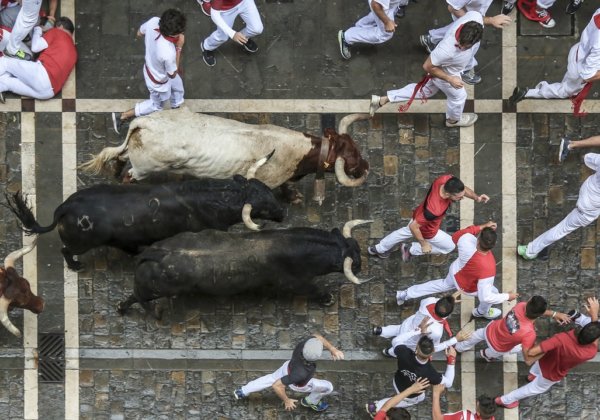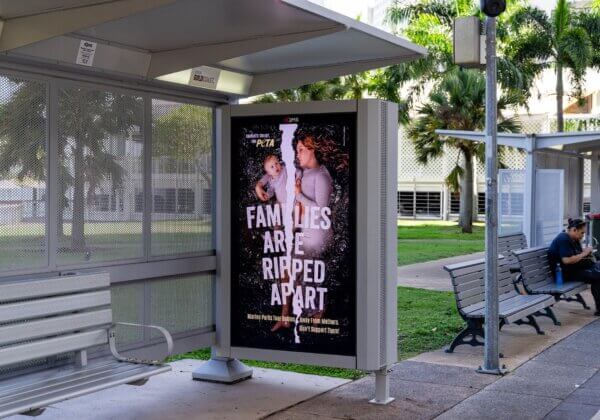World’s Loneliest Captive Orca, Lolita, Dies
Lolita has died. After more than 50 years in a cramped tank, her miserable existence at the Miami Seaquarium is over.
Earlier this year, during a news conference held in Miami on 30 March, the Miami Seaquarium announced plans to release the long-suffering Lolita (aka “Tokitae”, “Toki”, and “Sk’aliCh’elh-tenaut”) to a seaside sanctuary in Washington state.

This announcement followed a massive campaign by PETA entities – including several lawsuits pursued by PETA US on Lolita’s behalf – in addition to the campaigning by local residents and celebrities, who raised awareness of her plight through dozens of protests, and The Dolphin Company’s partnership with Friends of Toki. Though the plan never came to fruition, it was made possible through the generosity of philanthropist Jim Irsay, owner and CEO of American football team the Indianapolis Colts.
Lolita’s Capture
Lolita was about 4 years old when she was torn away from her family and ocean home during the largest capture of wild orcas in history. She had no way of knowing that she’d spend the next half-century in the smallest orca tank in the world, never to see her family again.
In 1970, teams used speedboats, aeroplanes, and explosives to corral the entire Southern Resident orca community – numbering 80 members – into a narrow cove. Four drowned, and seven young ones were removed and sold to aquariums around the world. The Miami Seaquarium valued Lolita’s life at $6,000.
Of the seven orcas taken from their home during the capture, Lolita was the last survivor. The orca believed to be her mother, who is apparently still swimming in nature, has likely outlived her.
 Terrell C. Newby, Ph.D.
Terrell C. Newby, Ph.D.
First named “Tokitae”, Lolita suffered in a tank smaller than any other that had ever been used to imprison an orca for life. The move was not just cruel but also illegal, according to the US federal Animal Welfare Act. The plan to move her to a seaside sanctuary came far too late, and she languished in her hellish prison until the day she died.
Her Lonely Life
For more than 50 years, Lolita saw nothing but the concrete walls surrounding her. Her only orca companion was Hugo, another unfortunate orca who had been netted and removed in the round-ups. He railed against captivity, routinely banging his head against the walls – and even severely cutting himself in one instance in which he broke the glass of a viewing window. Eventually, in 1980, he rammed the wall of the tank so hard that he died. The official report said that he had died of a brain aneurysm. Hugo had taken decisive action to end his suffering, but then Lolita was alone.
For decades, Lolita performed her sad and desultory tricks. She called out to her lost family, using the dialect unique to her pod. Orcas have keen memories, and she no doubt thought about her family or longed for the days when she could swim free and dive deep.

Close to Freedom
When Lolita’s Southern Resident family was classified as endangered, the US government excluded her from the Endangered Species Act’s protections. Following a lawsuit, the government agreed with a formal petition submitted by PETA US, the Animal Legal Defense Fund, and the Orca Network that Lolita could not be excluded from her family’s Endangered Species Act classification. Other lawsuits by the groups demonstrated that her tank did not meet even the bare minimum size required by federal law. Plans were finally underway to return her to the ocean, but she didn’t make it.
Captive Orcas Still Need Help
It’s too late for Lolita, but it’s not too late for other captive orcas. Please honour Lolita by refusing to buy a ticket to any marine park.
Orcas and other dolphins don’t belong in cramped tanks. PETA is campaigning for an end to dolphin breeding in Queensland. Join us in urging the government to ban the practice of breeding and to allow captive dolphins to retire to seaside sanctuaries:







